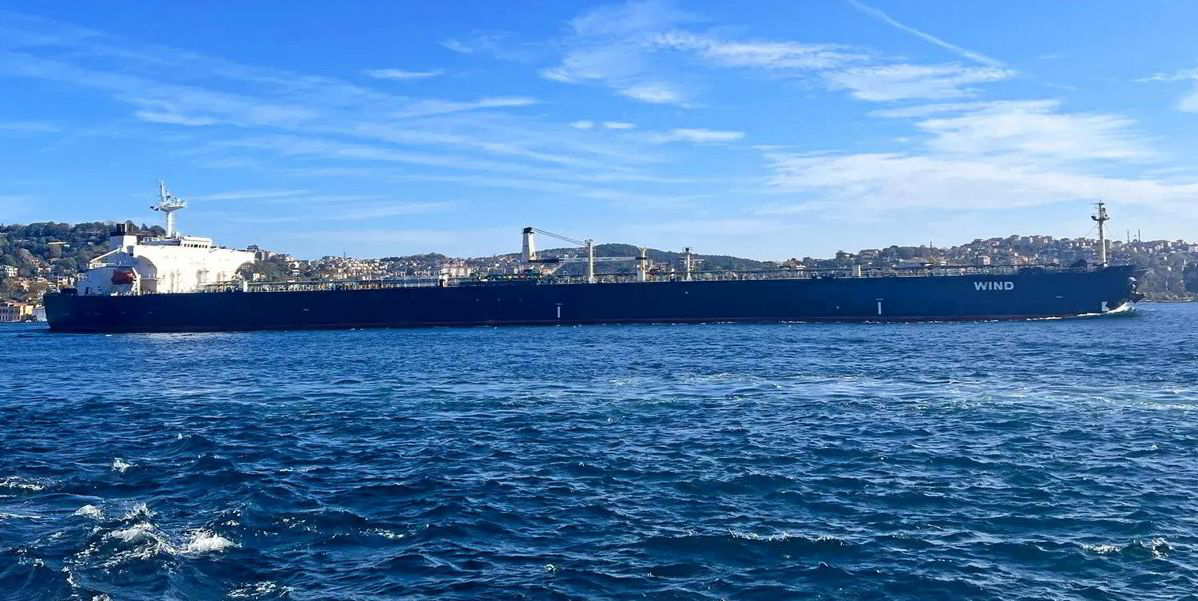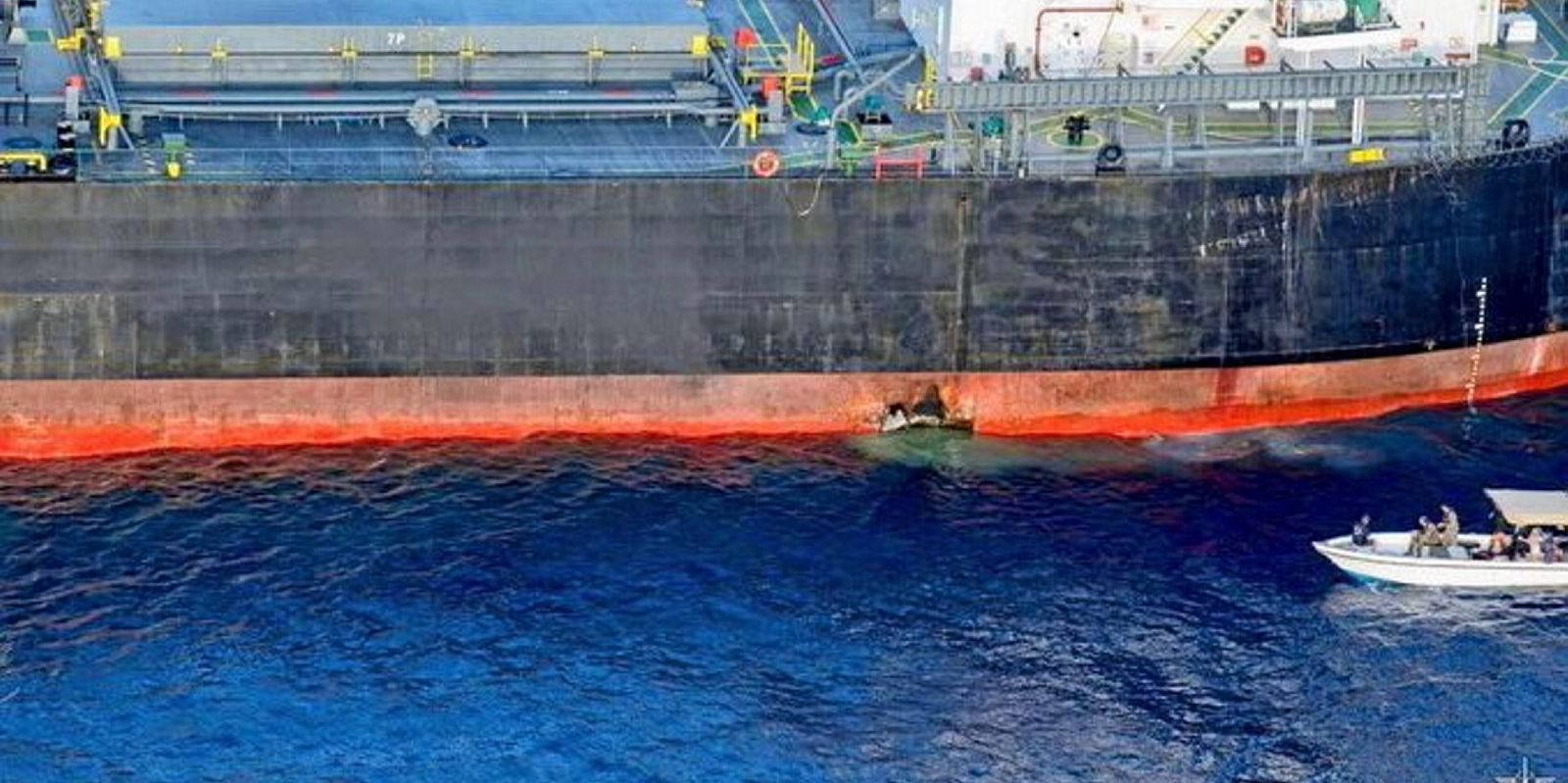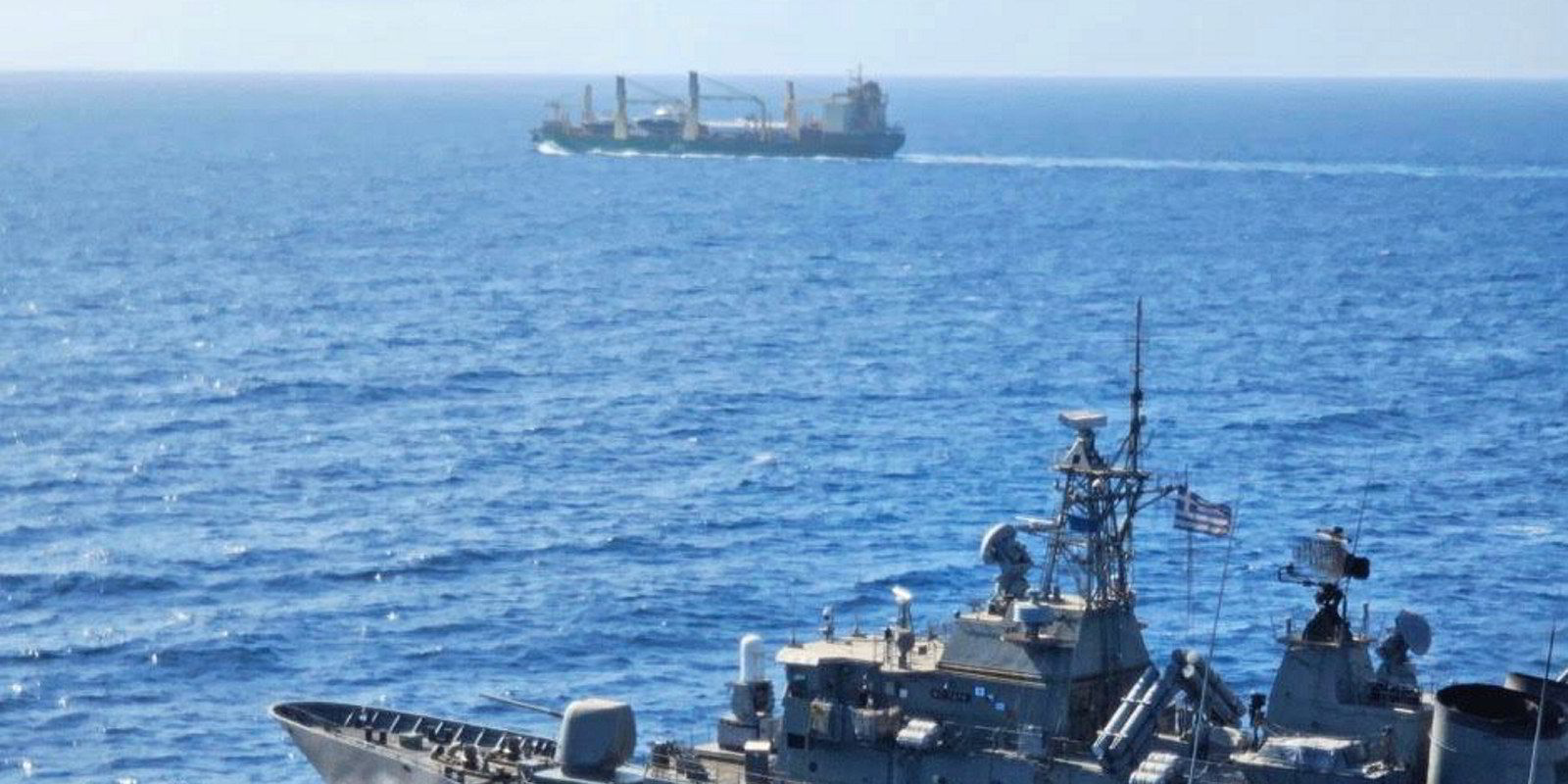The Houthis have come to be perceived as a big risk even to hard-boiled owners that have so far defied them.
In a statement to TradeWinds, Eastern Mediterranean Maritime (Eastmed) principal Thanassis Martinos has expressed a heightened level of awareness about the Yemeni rebels’ willingness and capacity to inflict harm on ships crossing the Red Sea.
“The transit of the Red Sea has become very risky and the Houthis are efficient and sophisticated,” he said in an emailed statement.
The statement did not clarify whether Eastmed will stop sending vessels through the area.
The Houthis recently singled out the company in a string of actual attacks, or claimed attacks that have not been substantiated.
Martinos clarified, for instance, that there has been “no visible attack or damage” to two Eastmed bulkers that the rebels claimed to have targeted with missiles in the Red Sea this week — the 63,300-dwt Morea (built 2015) and 60,400-dwt Sealady (built 2016).
The fact that the Houthis occasionally exaggerate the impact of their attacks, however, does not mean they are incapable of inflicting real and painful damage.
Over the past four weeks, the Houthis carried out confirmed attacks against another pair of Eastmed bulkers — the 60,400-dwt Cyclades (built 2017), as well as the 50,800-dwt Yannis (built 2009), which saw a missile landing off its port side.
Greek ships have been increasingly drawing the Houthis’ attention since they launched a few weeks ago the “fourth phase” of their campaign, saying they would target every ship of a company they believe has traded in Israel.
TradeWinds understands that several Greek companies have received email warnings lately from an entity describing itself as the “Humanitarian Operations Coordination Center” of the Houthis to steer clear of Israeli trade.
In response, the Union of Greek Shipowners issued a circular to its members on 29 May to take extra precautions when crossing the Red Sea and to coordinate with European Union navy vessels patrolling the region.
The Houthis are seeking to disrupt Israeli trade to force the country to cease its attack on Palestinians in Gaza.
Their “fourth phase” of attacks includes intended strikes in the Mediterranean. The Houthis claimed to have carried out two such attacks in the area, neither of which, however, has been confirmed.
The Houthis have already launched about 100 actual strikes against commercial ships in the Red Sea and the Gulf of Aden over the past six months and displayed a capability to carry out long-distance drone strikes in the Indian Ocean.
Most Houthi attacks are stopped or miss their targets completely. However, they have managed to hit more than a dozen vessels.
Carried out via drones, missiles, attempted boardings and one hijacking, the strikes have so far resulted in the death of three seafarers and 10 Houthi fighters, the sinking of the 32,200-dwt bulker Rubymar (built 1997) and the abduction of 25 crew members on the 5,100-ceu Galaxy Leader (built 2002).
In another sign of the group’s resilience, retaliatory Western air force strikes on Houthi-controlled territory in Yemen have so far failed to dent its strike capabilities.
In the latest raids, the US military said it carried out strikes against 13 targets of the Iranian-backed group on Thursday. Houthi spokesman Yahya Saree said that 16 people died in the attacks and 41 people wounded.
Saree attributed the attacks to the UK and said it will not hesitate to strike back, whether against military or commercial vessels.







